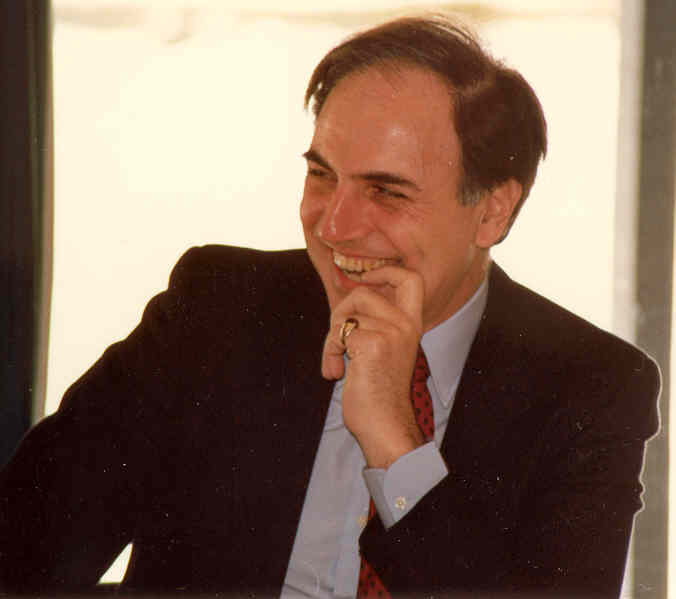The Jewish Humanist Volume 13, No.6, February 1976
Are Jews returning to tradition?
Is orthodoxy on the upswing?
Is humanism passe?
Some say yes. They cite the following evidence.
The Lubavitcher Hasidim are popular, militant and growing in number. The public display of the yarmulka is increasing. Reform Temples have embraced Hebrew, Barmitsvas and prayer shawls. Parochial schools are getting bigger and bigger. Rabbinic students at the Conservative Jewish Theological Seminary are doing more and more ritual.
Denunciations of intermarriage are getting louder and louder. More and more Jews are wearing mezuzas around their necks. More and more Jewish students have signed up for courses about Jewish tradition at secular universities throughout America.
Etc. etc….
What does it all mean? Have secularized Jews seen the theological light? Has the recession exposed the futility of material pursuits and revived an interest in old-time spiritual values? Have young Jews discovered that the new American life style is vacuous and now yearn for the meaningful discipline of the old halakha?
Before we answer the questions, a few facts are appropriate.
1 There is no evidence that the behavior of Jews outside the synagogue has changed. Pre-marital sex, frequent divorce, intermarriage and female equality are on the increase. The pursuit of leisure, pleasure and individual happiness is absorbing not only the young but also the middle- aged and the old. The life styles of most contemporary Jews, even those who profess a love of tradition, is in total opposition to the decrees of both the Bible and the Talmud. A nude bathing pre-medical student who lives with her boyfriend in Ann Arbor, who refuses to eat pork as an affirmation of her Jewish identity is hardly a return to a tradition. Even without pork she would give Hillel a heart attack.
2. Orthodox Judaism has become Americanized. At one time the leadership of traditional Jewry was foreign and Yiddish speaking. It was unable to compete with the assimilated graces of Reform rabbis. It lacked the skills for successful social exposure. This past reality is not the present one. What we are now experiencing is the new-found articulation of people who could never before claim the public forum. Orthodox Jews today are as well-educated and as Americanized as their liberal opposition. Their new-found aggressiveness is a sign of their new security in the American environment. It is not a sign that they are holding or recruiting large numbers of American Jews to traditional life. Christian fundamentalism is more vocal and more conspicuous in urban America – not because thousands of new recruits are flocking to its standards but because the lower- class Appalachian refugee has now come into his own power and affluence in Northern cities.
3. Jewish ethnicity has lost its major expression in America. The Yiddish language is, for all practical purposes, dead. A non-observant Yiddish speaking atheist had no trouble identifying himself as a Jew or being identified as a Jew. But secularized Jews who have lost their linguistic uniqueness are now struggling to find other unique forms of Jewish behavior. In the absence of secular Jewish creativity, they are forced to turn to the one remaining behavior pattern which is uniquely Jewish – traditional religious ritual. Since they have no serious intent to adopt a traditional life style, and since they are totally divorced from the cultural context in which these rituals had meaning, they dabble in Jewish exotica. Mezuzas which are intended for doorposts are hung around necks. Avoiding pork becomes a dramatic gesture in seafood tasty Chinese restaurants. The kiddush becomes the family introduction to the busiest day of the week. Nostalgia in bad taste is hardly a return to tradition. It is simply a sign of secular laziness.
Is there a return to orthodoxy?
Not really.
In an age of life-style transition Jews who want to be Jewish are looking for unique ways to identify themselves to others.
Nostalgia most likely won’t work for long.
The only solution is to create new Jewish rituals that really fit our new life-style.
After all, celebrating Einstein’s birthday may have a lot more contemporary meaning than crying over the tallis you never use.

